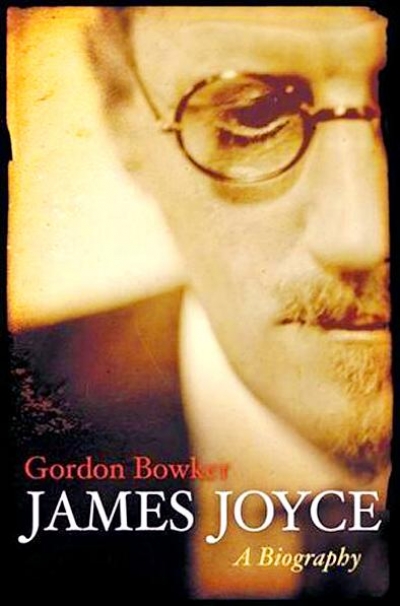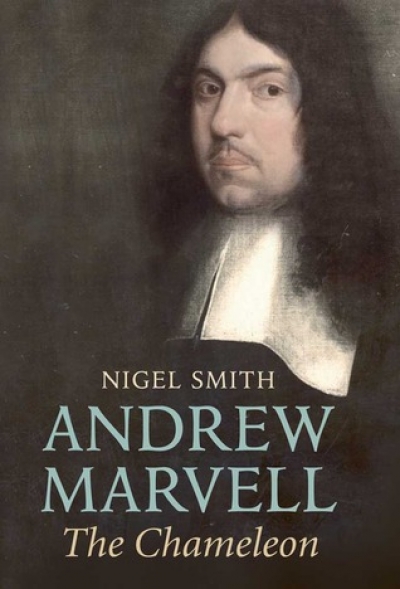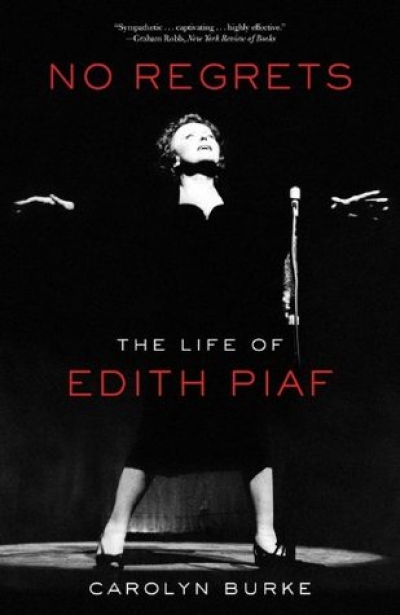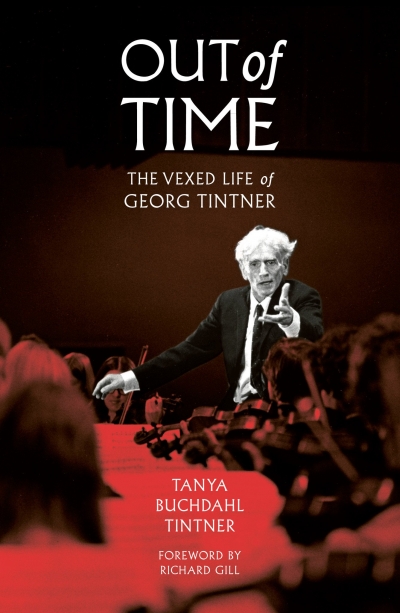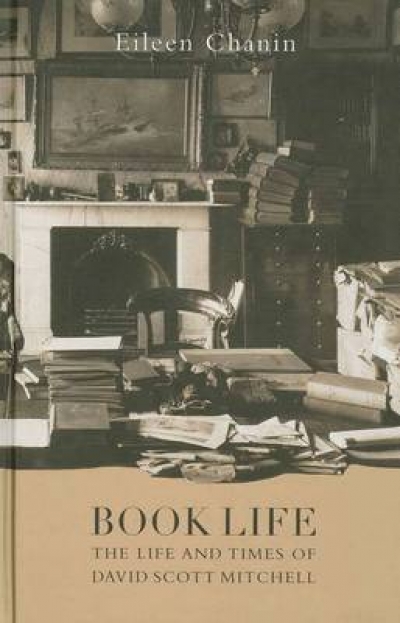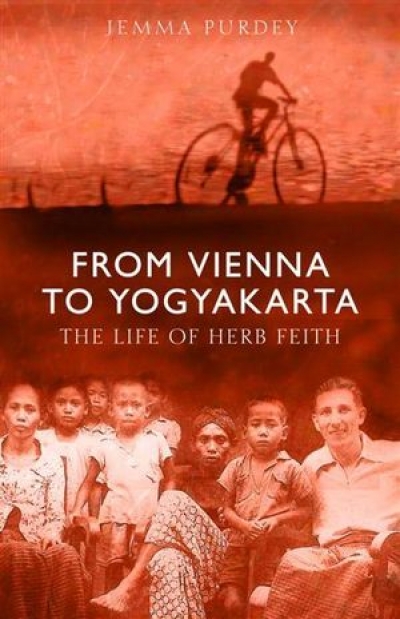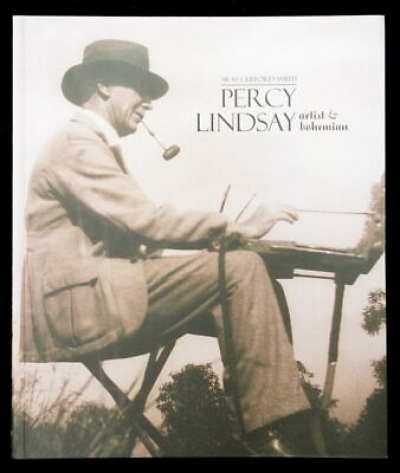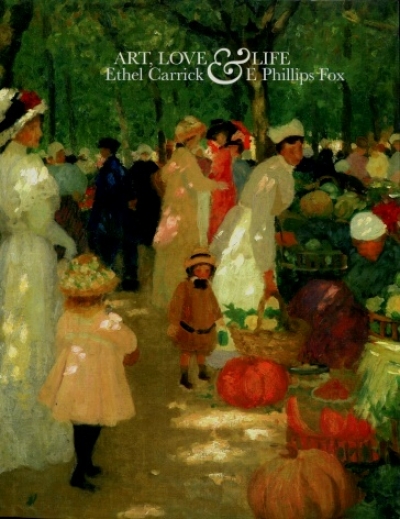Biography
Literary biography is an often derided genre. Writers, in particular, tend to be suspicious, if not openly hostile, toward what they are apt to regard as a secondary or parasitic form. And there are valid reasons for this wariness. The assumption behind a biography is, reasonably enough, that the writer’s life informs the work, but establishing the precise relevance of the life to the work is a treacherous business. Because it is possible to argue that anything a creative writer experiences is at least potentially significant, there is no obvious line between a legitimate and a trivial, or even a prurient, interest in the details of a writer’s personal life.
... (read more)In 1629, Charles I of England sent Daniel Nys to Europe to buy art. Along with works by Titian and Rubens, Nys bought Mantegna’s masterpiece, The Triumphs of Caesar (1486–92). This work on nine large panels is at once sombre and full of wonders. Of its time the most accurate representation of Roman customs and costumes, it is also a work in which precision has a strange effect, almost of tenderness. Still hung at Hampton Court, it was one of only a few works that Cromwell kept after the regicide.
... (read more)In the autumn of 1962, as a student in Paris, I went to watch Edith Piaf perform atop the Eiffel Tower. My memory is of being in a thick crowd at ground level, straining to see a tiny floodlit figure while a huge metallic voice resounded across the night sky: ‘Non, je ne regrette rien …’ In this new biography of Piaf, Carolyn Burke reminds us that this was a publicity event for the launch of Daryl Zanuck’s film about D-Day, The Longest Day. Piaf, at forty-six, her health ruined, had only a year to live, but still managed to overcome her frailty and her fear of heights to project her whole being into the iconic image that the world had of her.
... (read more)Wolfgang Sievers was a complex person with a clear vision. The major dimensions of his life included photography and an abiding sense of the dignity of man. Helen Ennis, one of the foremost authorities on Sievers, has produced a book that is at once satisfying and teasing.
... (read more)Out of Time: The Vexed Life of Georg Tintner by Tanya Buchdahl Tintner
A cluttered portrait inevitably diminishes its subject. I am thinking, in particular, of Archduke Leopold Wilhelm in his gallery in Brussels, by David Teniers the Younger, in which the Habsburg aristocrat is like an ant among his scores of pictures. This happens with biographies, too. A satisfying example is far more than an expansion of the subject’s curriculum vitae or a thorough examination of his appointment diary. When the author has strong feelings (as a widow inevitably does), the problem is aggravated. This new biography – of an extraordinary musician who might, in different circumstances, have contributed far more to Australia than he was allowed to do – is both partisan and prolix, and is as littered with quotidian details as the Teniers painting is with canvases. In both cases, these objects and details are too small to engage our attention usefully or thoroughly.
... (read more)Book Life: The Life and Times of David Scott Mitchell by Eileen Chanin
This is the first major biography of Australia’s greatest book collector, David Scott Mitchell, whose peerless Australian and Pacific collection established the Mitchell Library. Mitchell was born in 1836, in Sydney. He rarely left the city and never ventured beyond New South Wales. Living on inherited wealth, he devoted his life to collecting 40,000 printed works, as well as manuscripts, maps, and pictures. On his death in 1907, Mitchell bequeathed his collection to the Public (now State) Library of New South Wales with a £70,000 endowment to fund additions. It was arguably Australia’s greatest cultural bequest. Mitchell himself has always been an enigma. Although he collected the documentary history of our nation, he preserved very little to illuminate his own life, beliefs, and motivation.
... (read more)Over the decades, Richard Strauss has been well served by English-language commentators and scholars, ranging from George Bernard Shaw, through Norman del Mar’s magisterial three-volume study (1962–72), to Michael Kennedy’s shorter, though no less illuminating, critical biography (1999). The focus of Raymond Holden’s work is explicitly narrower than theirs, offering as it does a thorough documentation of Strauss’s career as a practising musician and jobbing conductor.
... (read more)From Vienna to Yogyakarta: The Life of Herb Feith by Jemma Purdey
Jamie Mackie’s recent death was a sad reminder of a time when enthusiasm for Asian studies mirrored the Australian government’s developing perception that the future lay in ‘our’ part of the world. The small cohort of academics who initiated these studies were genuine pioneers. For instance, Mackie, in the decades after 1958, became founding Head of Indonesian Studies at Melbourne University, founding Research Director of South-East Asian Studies at Monash University, and founding Professor of Political and Social Change in the Pacific and Asia at the Australian National University. Prior to World War II, there had been virtually no Asian studies in Australia. Now the field was wide open for those who were skilled and interested, and Herb Feith was among the earliest.
... (read more)Percy Lindsay was the eldest and least well-known of the remarkable Lindsay brothers (the others were Norman, Lionel, and Darryl). He was born at Creswick, Victoria, in 1870, where he received his initial artistic training before moving to Melbourne in 1895. It was there that year that he first exhibited paintings, in a group show that included such luminaries as David Davies, E. Phillips Fox, and Walter Withers (the latter also taught him). Lindsay continued exhibiting his paintings until 1951: he had seven solo exhibitions between 1926 and 1935. In 1901 he took up illustrative work, which he produced for the remainder of his career. Lindsay married in 1907 and moved to Sydney in 1918, where he lived until his death in 1952.
... (read more)Art, Love and Life: Ethel Carrick and E. Phillips Fox by Angela Goddard
Art, Love and Life accompanies the exhibition of the same name at the Queensland Art Gallery. This substantial book contains eight short essays by six authors, with a brief checklist of the works included in the exhibition towards the end of the publication. There is also a useful chronology.
... (read more)

